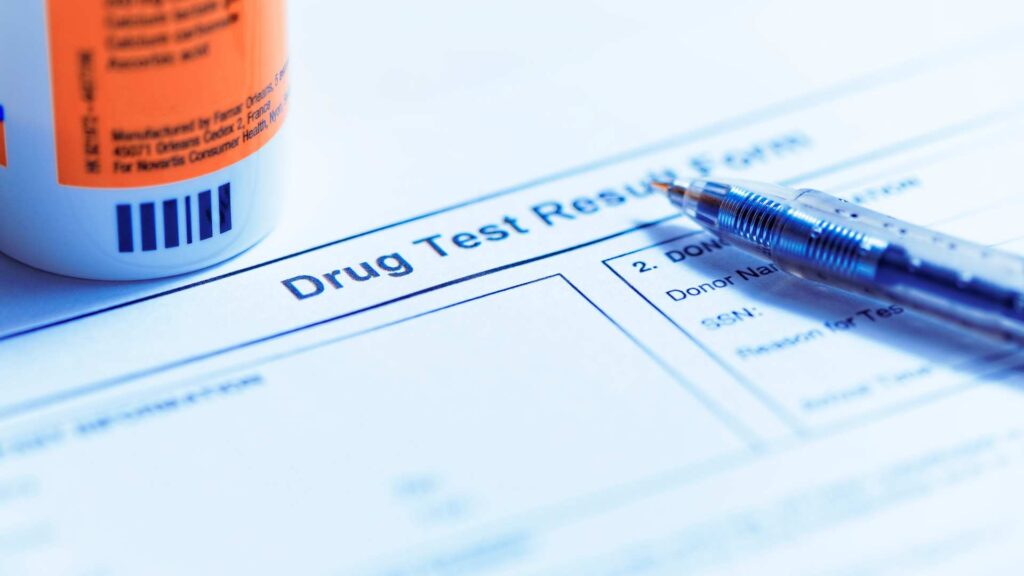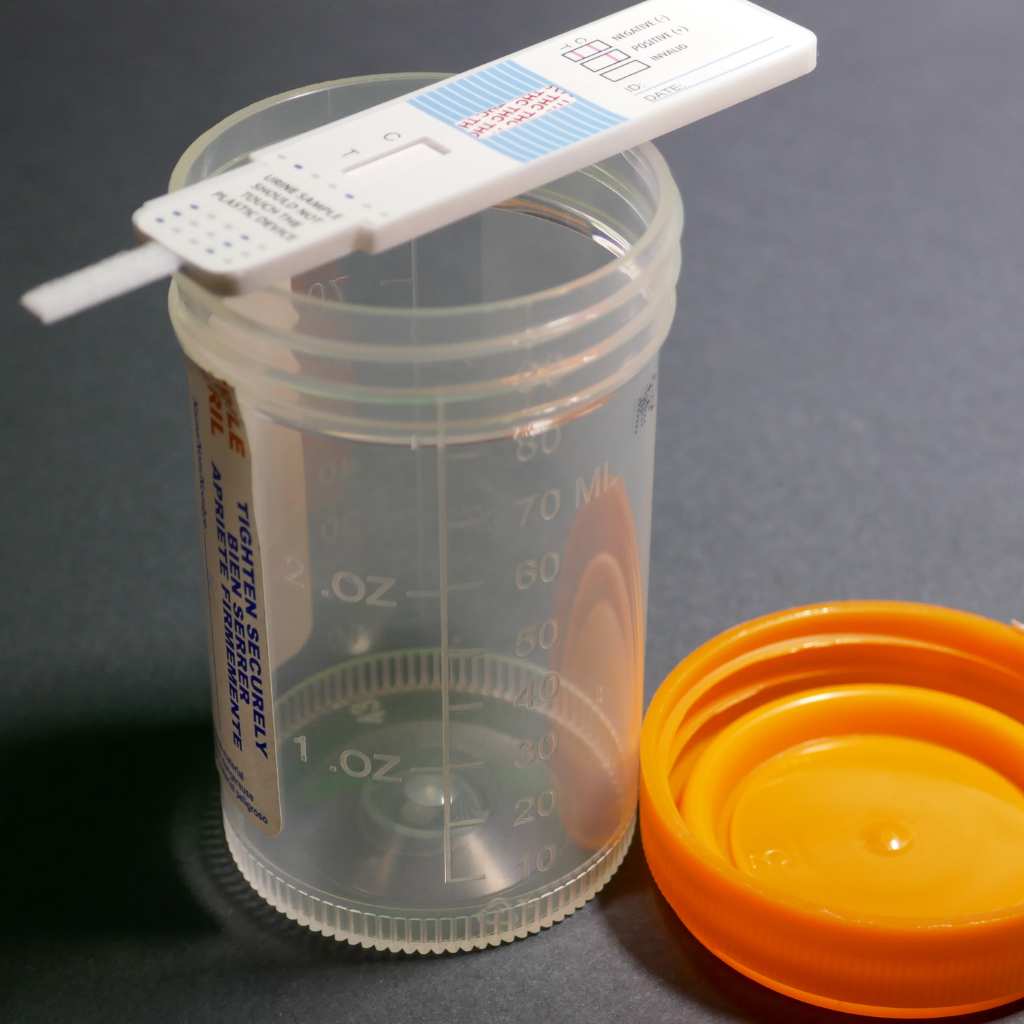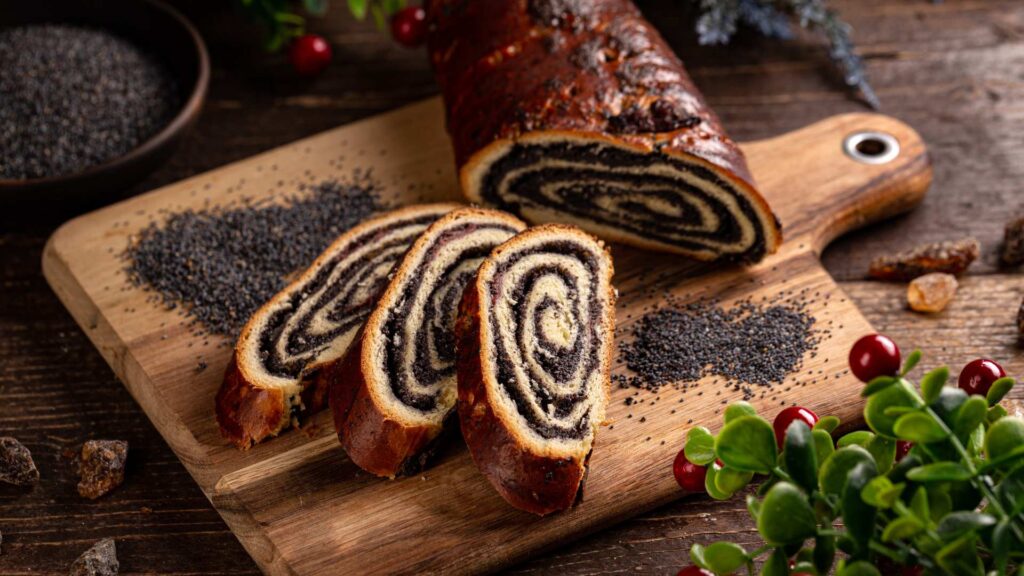Table of Contents
Will eating poppy seeds mess up a drug test?
Have you ever heard that eating poppy seeds can cause a failed drug test? It might sound like just another urban myth. However, there is natural science behind the claim of poppy seeds and drug tests. A study by the Journal of Analytical Toxicology indicates that eating poppy seed-containing foods can sometimes cause a person to test positive for codeine in a urine drug test, making it difficult to tell the difference between poppy seed consumption and actual codeine use.
Previous guidelines suggested that specific codeine and morphine levels could help distinguish the two, but the researchers found this isn’t always reliable. In tests involving 11 participants, 18% of the samples showed codeine without morphine eating poppy seed foods, mimicking what someone would see in a person who had taken codeine.
For anyone in recovery, this can raise concerns. After all, the last thing you want is a misinterpreted test result threatening your progress.
In this blog by GateHouse Treatment, we’ll learn more about this association. We’ll explore how poppy seeds can affect drug tests, what you should know if you have a screening coming up, and how to avoid unnecessary stress over your test results.
Why Do Poppy Seeds Cause Drug Test Failures?

One of the most common questions about poppy seeds is whether they can really cause you to fail a drug test. It may seem far-fetched, but there are documented cases where this has happened. For instance, two New Jersey mothers are suing hospitals after being drug tested without consent, claiming poppy seed bagels led to false positive opiate results and reports of neglect.
Poppy seeds and drug tests positive results lie in the origin of the seeds themselves. Poppy seeds come from the same plant that produces opium, which is an ingredient in drugs like morphine and codeine.
While the seeds used in food don’t contain these opioids directly, they can sometimes become contaminated during the harvesting process. The opium residue, called opium milk, can remain on the seeds even after they are ready for consumption. This leftover contamination can be enough to cause a positive result in specific drug tests, particularly those looking for opioids like morphine and codeine.
So, a small amount might not make you feel any drug-like effects, but it could still show up on a drug screening.
How Much Poppy Seed Consumption Poses a Risk?
Is it one bagel, or do you have to eat a whole batch of muffins? It turns out that even small amounts of poppy seeds could potentially cause a positive test under certain conditions.
The amount of poppy seeds that pose a risk for triggering a positive drug test can vary, but even relatively small quantities can cause issues. The study “Poppy Seed Consumption May Be Associated with Codeine-Only Urine Drug Test Results” shows that consuming as little as a poppy seed roll or a small amount of raw poppy seeds can lead to detectable levels of opiates like morphine and codeine in urine and oral fluids. For example, eating a poppy seed roll or about 3.2 mg of morphine and 0.6 mg of codeine from raw seeds can result in significant drug levels that might cause a positive test. Therefore, while there is no precise “safe” amount, even modest consumption of poppy seeds can potentially lead to positive drug test results.
Moreover, the thresholds for drug tests can vary widely depending on the type of screening and the testing facility. For instance, some tests can detect morphine concentrations as low as 300 nanograms per milliliter, while others may have higher thresholds. The level of opium contamination also varies depending on how the poppy seeds are harvested and processed.
What Should You Do If You Test Positive?
For anyone in recovery or having completed a rehab program, testing positive on a drug test can feel overwhelming and unfair, especially when you’re confident you’ve been clean. However, a positive result from poppy seed consumption is not the end of the road. Drug testing facilities are typically aware that poppy seeds can trigger false positives for opioids, and many will ask if you’ve consumed any foods that could affect your results.
That said, even with this knowledge, you might still need to undergo further testing to clear up any confusion. In some cases, you may need to take additional tests, such as a hair follicle test, which can distinguish between recent drug use and the consumption of contaminated poppy seeds. If you find yourself in this situation, the key is to stay calm and be upfront about what you’ve eaten recently.

Can Athletes and Service Members Eat Poppy Seeds?
Athletes and military personnel are often subject to strict drug testing protocols, which means even a false positive can have serious consequences.
In 2023, the U.S. Department of Defense issued a warning to service members about the risk of poppy seeds causing false positives for codeine. They advised military personnel to avoid consuming any foods containing poppy seeds, as newer data showed certain varieties had higher contamination levels than previously known. In fact, the Department found that some service members had tested positive for opioids due to poppy seed ingestion, leading to confusion and potential disciplinary action.
Similarly, athletes competing under organizations like the World Anti-Doping Agency (WADA) are at risk of failing a doping test due to the trace amounts of morphine or codeine in poppy seeds. WADA considers a urine sample positive if it exceeds a morphine concentration of 1.3 micrograms per milliliter. While not always eating poppy seeds will lead to a failed test, organizations advise athletes to minimize any potential risk in the days leading up to competitions.
How Long Do Poppy Seeds Stay in Your System?
One of the most critical factors in avoiding a false positive is timing. Morphine from poppy seeds can stay in your system for up to 48 hours after consumption, though it typically peaks within the first 12 hours. If you have a drug test schedule, it’s best to avoid eating anything containing poppy seeds for at least a few days beforehand.
The duration that morphine or codeine from poppy seeds remains detectable in your system also depends on other factors, such as your metabolism, the number of poppy seeds you consume, and how often you eat foods containing them.
Common Foods Containing Poppy Seeds

Many foods include poppy seeds more than you might expect. If you want to avoid the risk of a false positive on a drug test, it helps to know which items are most likely to contain them. So, it is best to avoid:
- Bagels and Bread Rolls
- Cakes and Muffins
- Salad Dressings and Marinades
- Babka
- Granolas
Protect Your Recovery with GateHouse Treatment
If you’re in recovery or post-rehab, you’re working hard to maintain a healthy and substance-free life. The last thing you need is the stress of an inaccurate drug test result caused by something as minor as a poppy seed muffin. By being cautious about what you eat and understanding how poppy seeds can affect drug screenings, you can reduce your chances of facing any false positives.
Remember that at GateHouse Treatment, our doors are open to provide advice. Whether you need to start a program, resume one, or move through any stage of recovery, we are here to help.
Call us at (855) 448-3588 or contact us through our website to learn about our substance abuse recovery options and insurance options.
- How a Partial Hospitalization Program Supports Addiction Recovery - March 19, 2025
- Exercise for Addiction Recovery: A Power Way for Healing and Balance - March 7, 2025
- Alcohol Poisoning: How to Recognize and Prevent It - February 26, 2025




